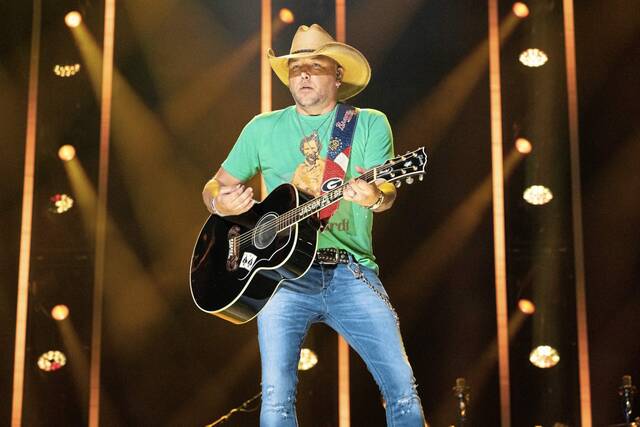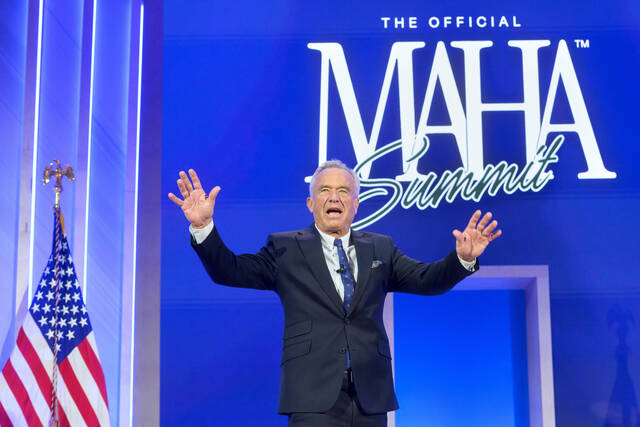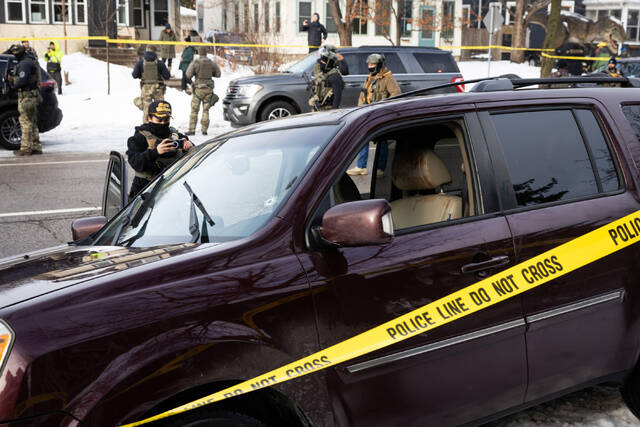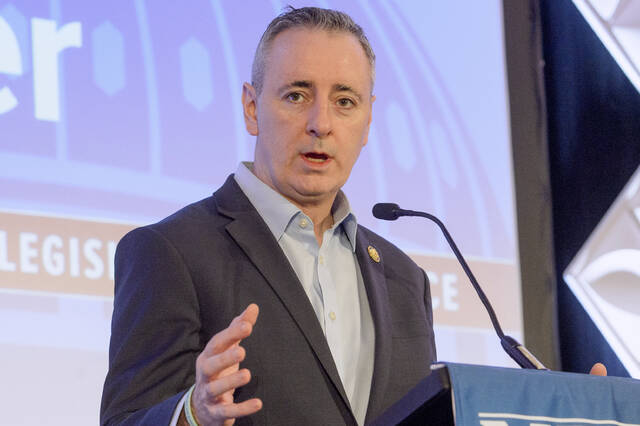Jason Aldean set off quite the brush fire with his latest video.
The country singer’s single “Try That in a Small Town” plays to a regular trope of the genre: the inherent nobility of small-town life.
Aldean talks about small towns a lot in his music. “Hicktown” was one of his early hits, a fairly typical ode to trucks, beer and not being in a city. My husband stopped playing it in the car because I regularly and gleefully pointed out grammatical problems, like with the lyric “you can see the neighbor’s butt crack nailing on his shingles.” I maintain it’s hard to swing a hammer with your butt.
But in this latest, Aldean is getting attention for what people see as themes of racism and lynching. They crop up in the song but are more vividly in the video’s spotlight with images that seem blatantly about a particular stripe of political discourse.
Specifically, they look like opposition to the kind of protests that arose in 2020 after the murder of George Floyd at the knee of a police officer sparked a national movement. In return, Black Lives Matter prompted calls of Blue Lives Matter, supporting law enforcement.
“Cuss out a cop, spit in his face … try that in a small town,” Aldean croons in front of images that are largely pulled from foreign countries as he stands on the steps of a courthouse that has since been noted as the site of a lynching.
It is setting up yet another very binary conversation. Us or them. Black or white. Red or blue.
What it really isn’t, however, is what it claims to be: small versus large.
Aldean, for all his bluster, is not a small-town boy. He comes from the fourth-largest city in Georgia. Macon has a population of about 150,000.
Maybe that is why he doesn’t recognize the differences in issues that impact small towns as opposed to cities.
I am from a small town. I was born in a Minnesota farm community that was 1% the size of Macon. In high school, I lived in a Central Pennsylvania borough where you couldn’t possibly “carjack an old lady at a red light.” There is no red light. There is a four-way stop. Does that count?
We don’t need more dissension and anger setting rural America apart from its big-city neighbors. We need real talk about problems that hurt us all.
Why doesn’t Aldean’s song call out the scourge of opioid abuse? That’s definitely hitting small towns. Why not focus on how gerrymandering doesn’t just cut up racial populations? It can create bloated districts where small towns never see their representatives and are such a tiny voice that they get none of the help they need.
More education funding. Better health care. Well-maintained roads. Actual access to law enforcement instead of departments that shutter for lack of people to do the work. Jobs. Try all of that in a small town, please.
But those things seldom make their way into the hits carefully curated to hit demographic hot buttons. Maybe it’s because “addiction” and “unemployment” don’t rhyme with anything.
It’s unfortunate because the controversy surrounding “Try That in a Small Town” has led to a huge spike in downloads. The song, which was released in May, jumped from a million streams to 11.7 million in a week, according to Taste of Country.
It has created a tidal wave of social media posts, TikTok videos and articles, all about a city-born multimillionaire cosplaying as a country boy. Imagine if the real small-town issues got that much attention.








